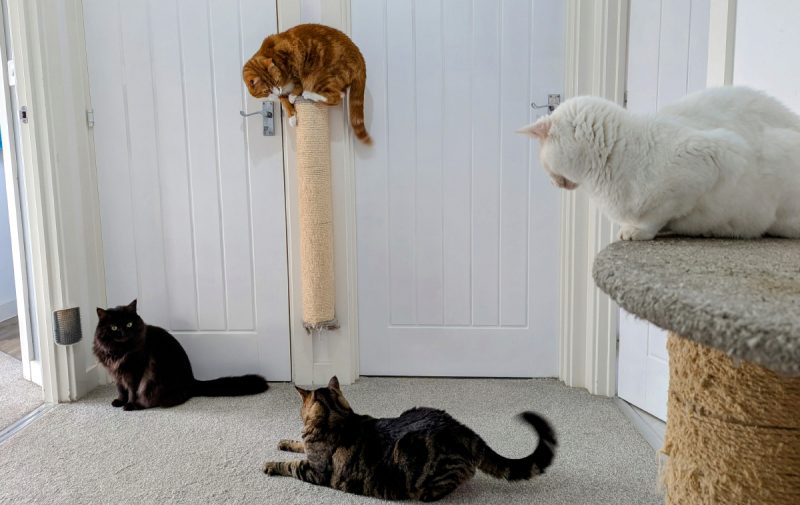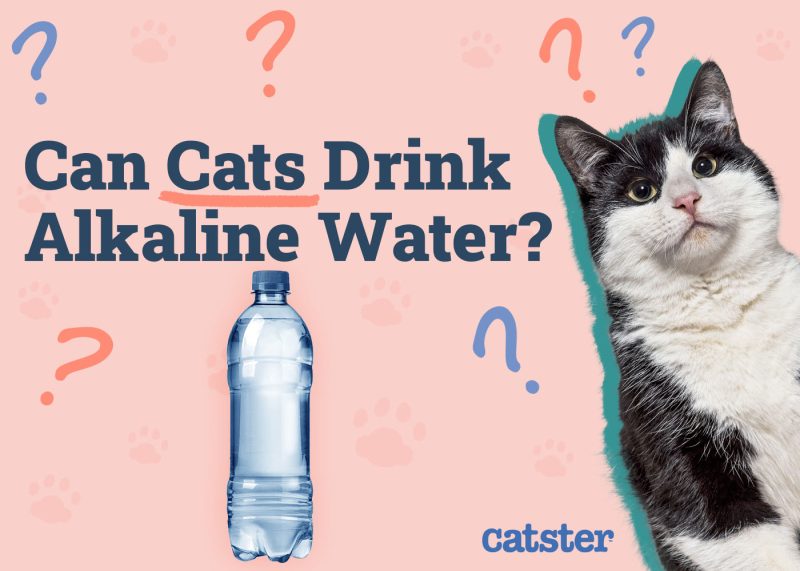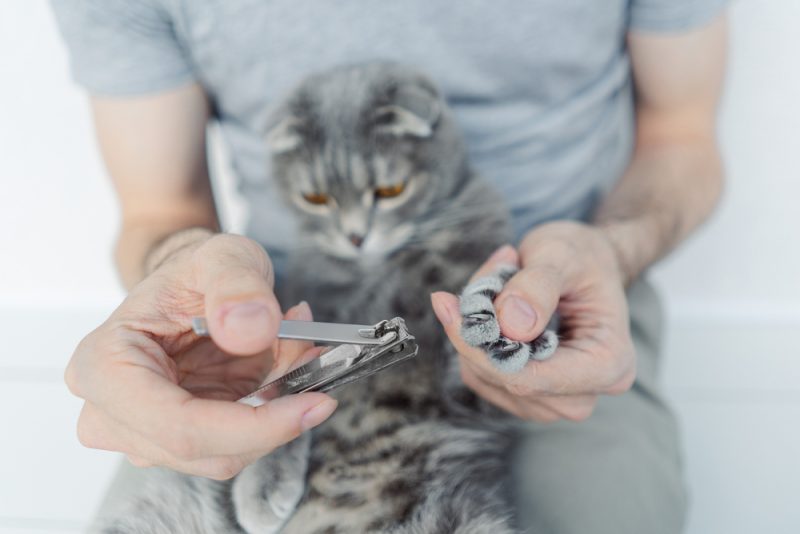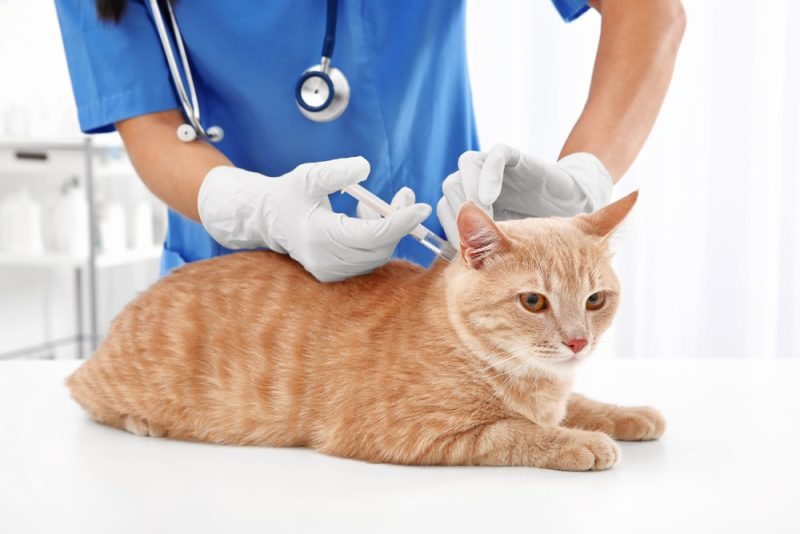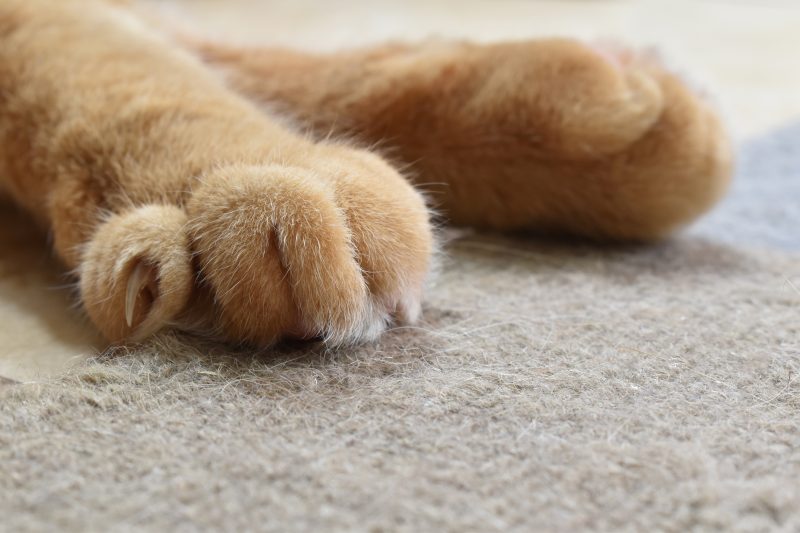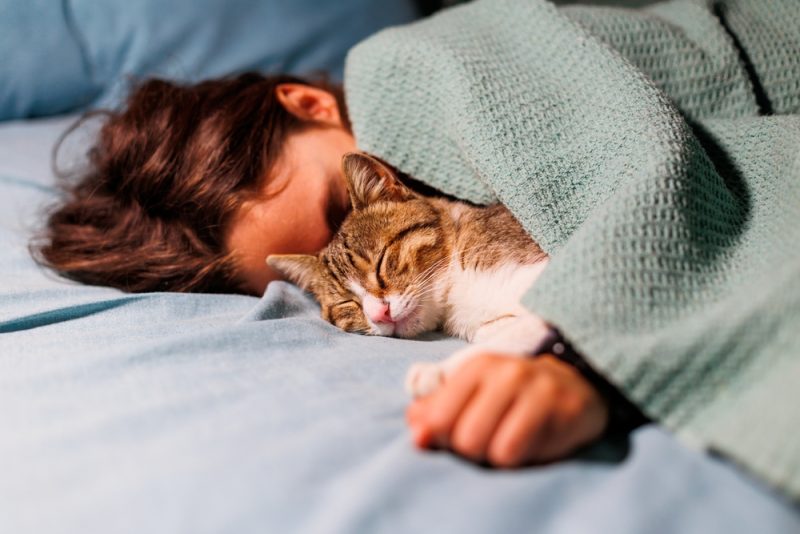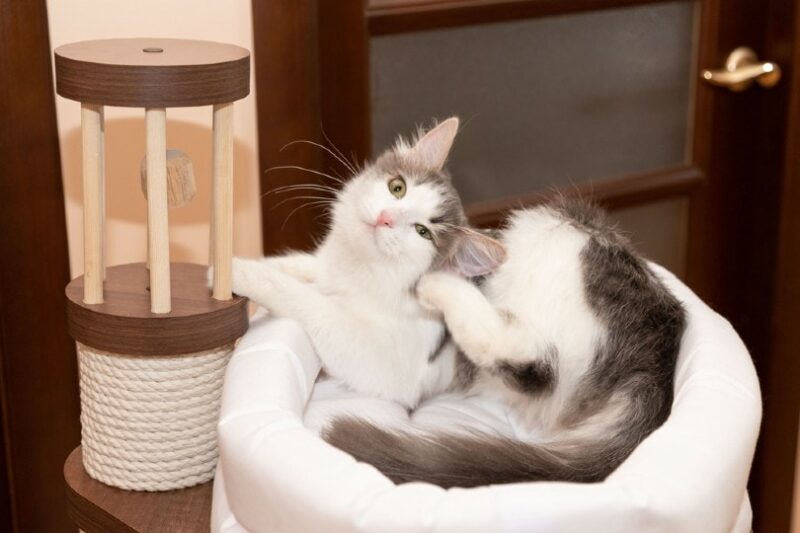Many cat parents may think their local veterinarian is the only option for their cat’s well-being and health, but this is not the case. Veterinary medicine and pet care operate in a similar way to human medicine. There is primary care, which is your first port of call. This is your local or usual veterinary practice or hospital, and these establishments are staffed with a mixture of veterinarians, veterinary technicians/nurses, receptionists, and other care staff. Outside of primary care, specific pet experts exist known as veterinary specialists.
Veterinary specialists are sought out if and when your vet feels more expert care and knowledge is needed. Your normal veterinarian will suggest or refer you to another veterinarian who specializes in the problematic area troubling your pet. Alternatively, you may wish to locate the specialist yourself. If so, do thorough research, make initial inquiries, and choose the correct one for your pet’s specific issue.
Some owners wish to get a second opinion, but this isn’t the same as enlisting the help of a specialist. A second opinion refers to seeking the advice or evaluation of another qualified veterinarian or expert after receiving a diagnosis, recommendation, or treatment plan from your original vet or veterinarian specialist.
Let’s take a look at the different types of veterinary specialists!

The 10 Types of Veterinary Specialists
Veterinary specialists are fantastic additions to the veterinary world, offering first-class care for our pets, support for primary care veterinarians, and peace of mind to you. They are experts in their chosen field, and this field is usually one they have a deep interest in and love for. They provide specialized care for animals with complex or advanced medical conditions. These specialists often work in collaboration with general veterinarians to offer comprehensive healthcare for pets. While this list is not exhaustive, we will discuss 10 types of common veterinary specialists.
1. Internal Medicine
Specialists in internal medicine focus on the diagnosis and treatment of diseases and problems of internal organs and systems. Examples include the respiratory system, urinary system, gastrointestinal (digestive) system, soft tissues, and endocrine (hormonal) disorders.
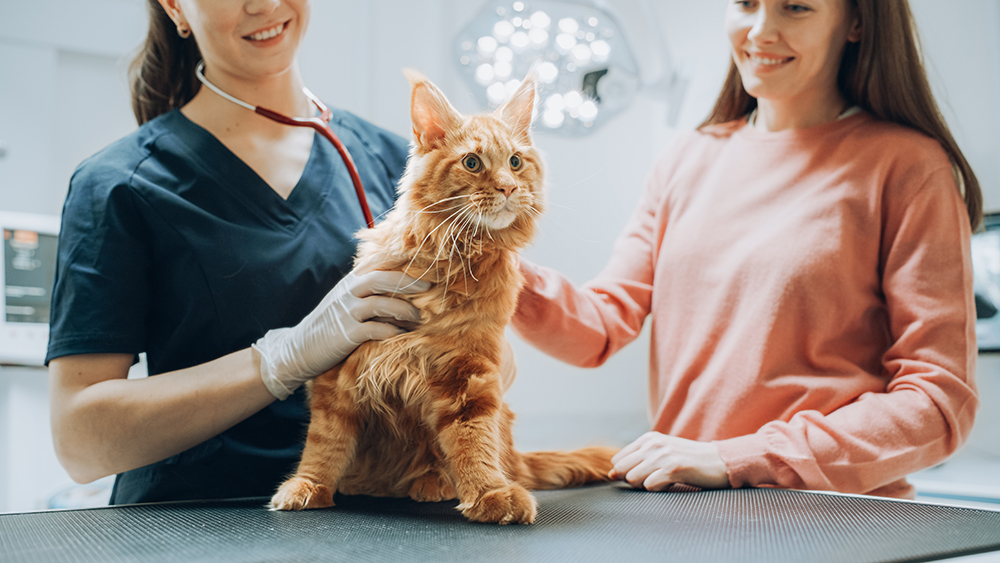
2. Surgery
Veterinary surgeons specialize in performing surgical procedures on animals, ranging from routine surgeries to orthopedics (bones) to exceptionally complex operations.
3. Dermatology
A veterinary dermatologist specializes in the diagnosis, treatment, and maintenance of the skin, ears, hair, and nails.
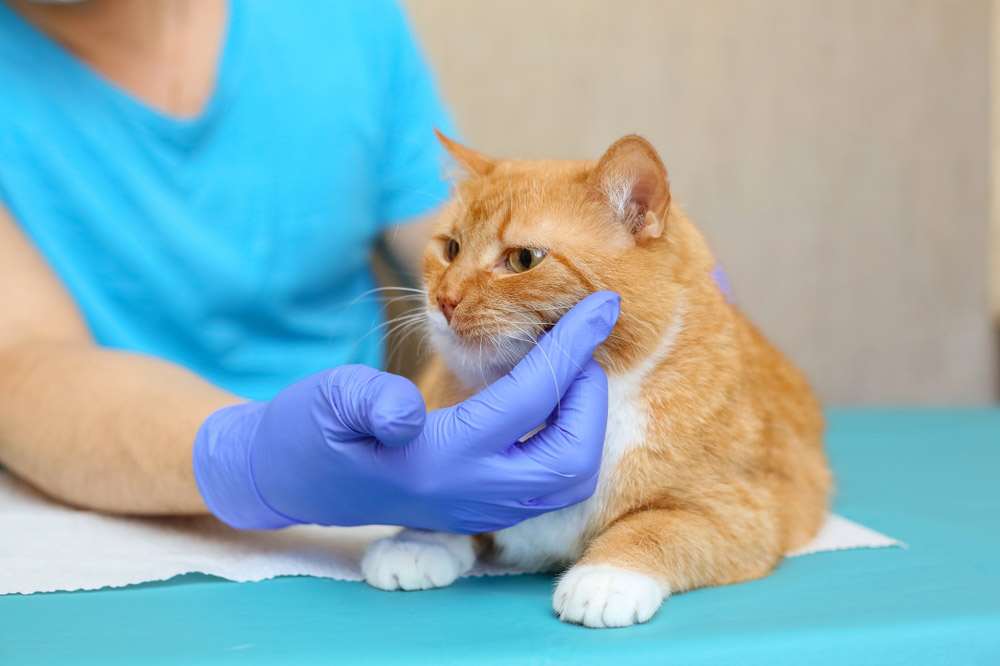
4. Ophthalmology
Veterinary ophthalmologists specialize in eye care and treat conditions affecting the eyes and vision in cats and dogs.
5. Cardiology
Cardiologists focus on diagnosing, treating, and maintaining the heart and heart-related conditions in cats and dogs.
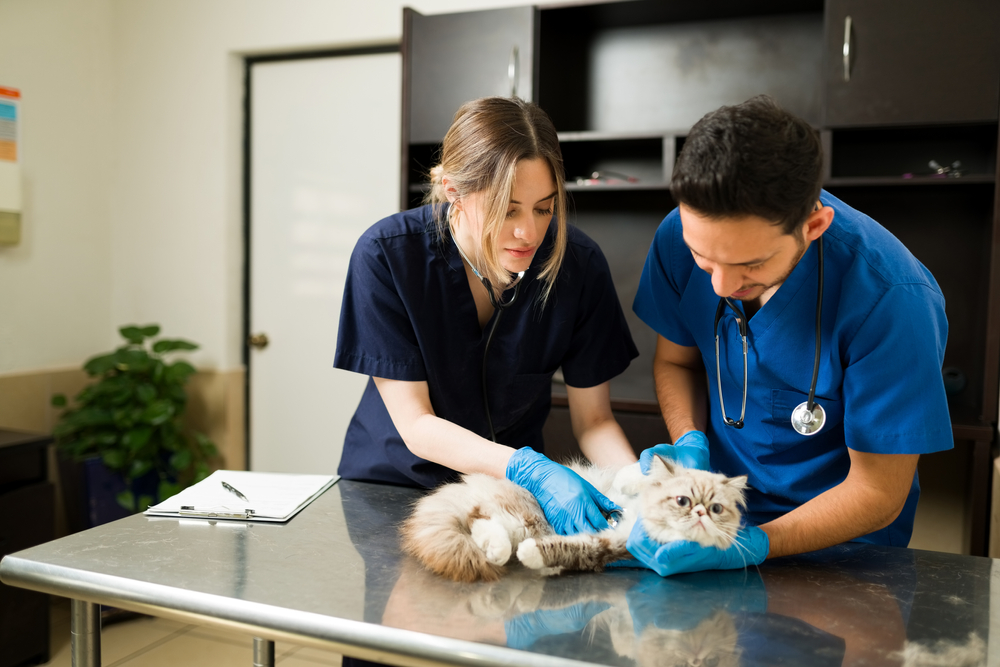
6. Neurology
Veterinary neurologists are experts in disorders and problems of the nervous system, including the brain, spinal cord, and peripheral nerves.
7. Oncology
Veterinary oncologists specialize in the diagnosis and treatment of cancer in cats and dogs.

8. Radiology
Veterinary radiologists use medical imaging techniques, such as X-rays, ultrasound, CAT scans, and MRI, to diagnose and treat diseases.
9. Emergency and Critical Care
Specialists in this field provide specialized care for animals with acute and life-threatening conditions, often working in emergency clinics or critical care units. In human care, the equivalent doctor would usually work in the ER.
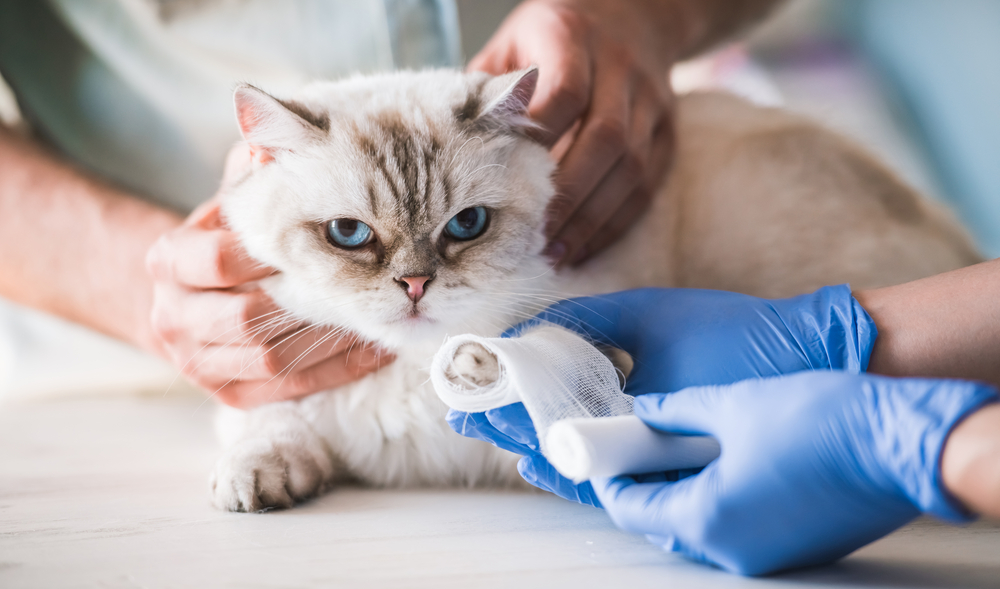
10. Behavioral Medicine
Veterinary behaviorists focus on diagnosing and treating behavioral problems in both dogs and cats. They can sort out many problematic behaviors, like anxiety, destructive tendencies, fear, and aggression.

How Do You Become a Veterinary Specialist?
A veterinary specialist is a qualified general veterinarian who, after a period of time in general practice, has undergone additional and advanced training and education in a specific area of veterinary medicine or a species of animal (for example, exotics) beyond general veterinary education.
To become a veterinary specialist, a veterinarian typically completes an internship and residency program in their chosen interest and specialty, gaining extensive hands-on experience under the guidance of experienced specialists, usually for another 3 to 5 years. After completing the residency they typically pursue certification through a professional organization, such as the American College of Veterinary Internal Medicine (ACVIM) or the American College of Veterinary Surgeons (ACVS), to demonstrate their expertise in the field. This requires much study and sitting exams. Specialist board certification is the highest post graduate qualification a veterinarian can achieve.

Conclusion
Veterinary specialists and board-certified specialists complete the already stellar world of veterinary health care available to your cat. They undergo extensive training for many years, and you can be rest assured that if you seek the help of a specialist, you and your cat will be well looked after.
There are likely many specialists available in your area or in the wider vicinity, but with a little research, questioning, and due diligence, you can find the perfect specialist to help you and your feline.
Featured Image Credit: Stock-Asso, Shutterstock




